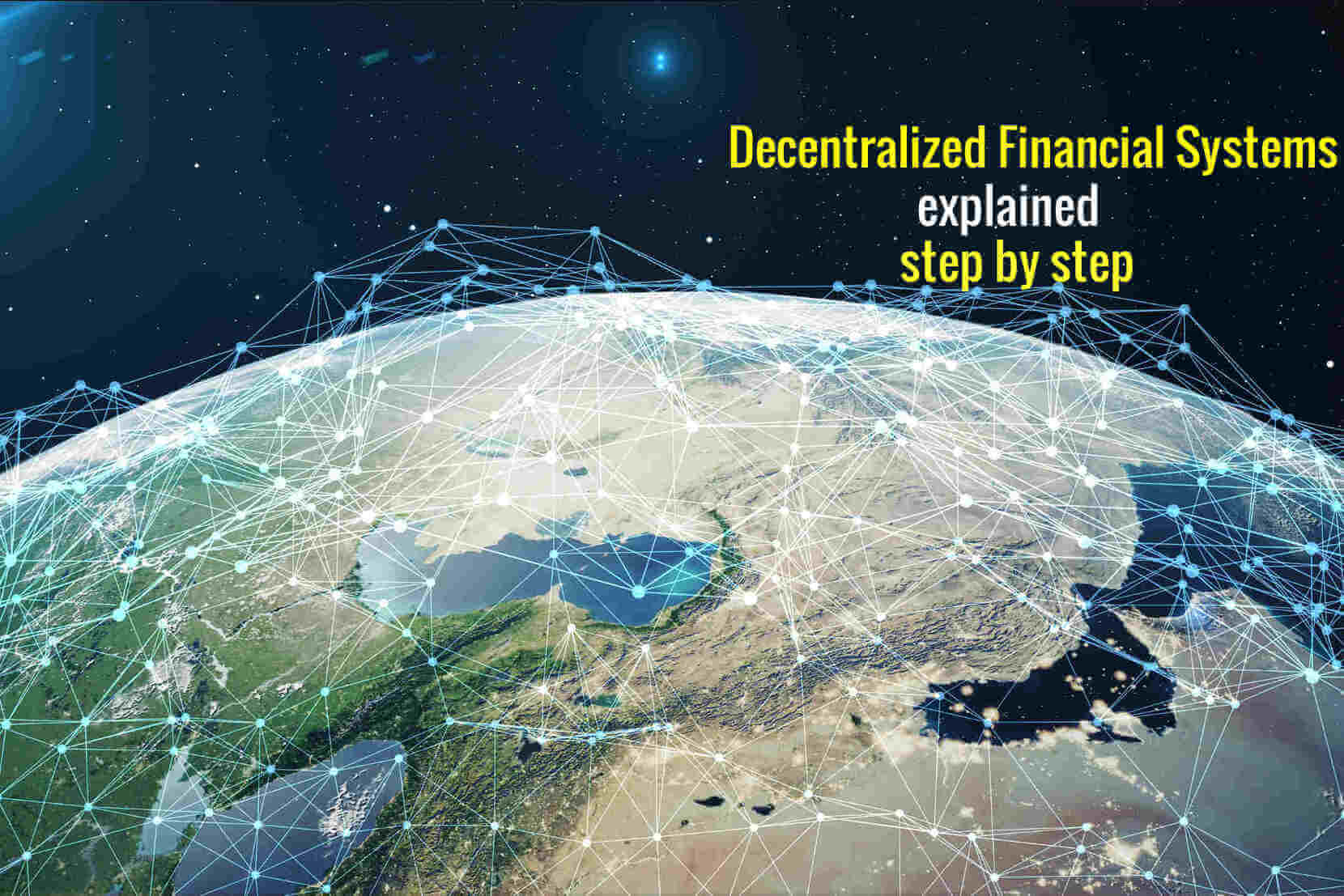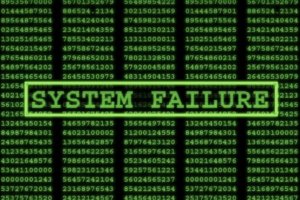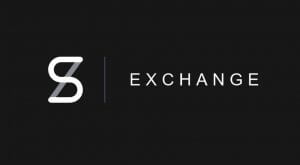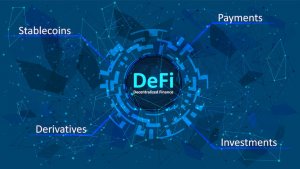The current financial system is centralized. Currency is issued and regulated by governments or central banks. We also entrust our assets to finance firms so that we can get returns on savings. This translates to our financial systems being centralized. And therein lies the problem. Not only do centralized systems have a single point of failure, but they also comprise humans who are prone to making mistakes.
It also means many people are excluded from the financial system. For example, to qualify for a loan, one must have a bank account and a good credit score. And to have a bank account, a person must comply with the bank’s KYC procedures. For someone who doesn’t have the necessary KYC documents, it’s impossible to open a bank account and hence get access to banking services such as a credit card, savings account, loans, etc.
In a centralized system, there is too much power in the hands of institutions, while a big chunk of people is excluded from financial services that would allow them to engage in activities of economic value. Also, entrusting our money in centralized financial institutions means we have very little say in how it is invested and handled – meaning there is no transparency.
So what can we do to solve the centralization problem? The solution is decentralized finance. Decentralized finance is an idea that has caught on, especially in the last couple of years. Crypto ‘purists’ are mainly responsible for pushing the concept into the fore, as they strive to accomplish ‘’Satoshi’s vision.” Bitcoin’s founder – Satoshi, had this as the very first line in the Bitcoin white paper: “A purely peer-to-peer version of electronic cash would allow online payments to be sent directly from one party to another without going through a financial institution.”
In this article, we deconstruct decentralized finance, its inherent features, its defining principles, and the benefits that it could herald for the finance world.
What is Decentralized Finance?
When we take away all the buzz, “decentralized finance” comes down to mean financial access for all, without the middlemen. It’s the idea of handing economic power back to the people.
It’s another application of blockchain technology that aims to expand financial services to more people. Decentralized finance includes digital assets, smart contracts, protocols, and decentralized applications built on public blockchains. After all, blockchains such as Ethereum and Bitcoin are more than the driving technology of cryptocurrencies. They are open sources whose concept could change how the world economy works.
The decentralized financial system movement has three core principles:
☑️Interoperability and Open Source – this means decentralized finance projects should be woven together on a technical level to strengthen their effects as a whole
☑️Accessibility and Financial Inclusion – this means the end goal is to have a financial system that’s accessible to at least everyone with internet connectivity, no matter their geographical location
☑️Financial transparency – this means that the market level of information of services is transparent to all participants while still preserving their privacy
Decentralized finance has six defining characteristics that set it apart from the private networks used by the traditional financial system:
- Permissionless – this means anyone can connect to the network regardless of their social status or location
- Decentralized – there is no central authority overseeing transactions. Records are kept simultaneously across numerous computers across the world
- Trustless – there is no need for a central authority to validate transactions as they are automatically validated
- Transparent – all transactions are publicly available and auditable
- Censorship resistant – interference by a central authority is not possible
- Programmable – developers can code business logic into affordable financial services
Pros of a Decentralized Financial System
A decentralized financial system has a whole host of benefits that could change not only how we interact with money, but also improve the very premise that it originated from – namely cryptocurrency. The following are the advantages of decentralized finance:
 Expanded financial access
Expanded financial access
With decentralized finance, anyone with a smartphone and internet connection has access to financial services. Currently, several barriers prevent a section of the world’s population from accessing financial services:
- Status – lack of citizenship, identifying information, etc.
- Wealth – high fees required to sign up for access to financial services
- Location – long distances from financial service providers
A decentralized financial system equalizes finance such that a top financial trader at a global firm has the same access to financial services as a storekeeper in a remote area of Kazakhstan
 Affordable Cross Border Payments
Affordable Cross Border Payments
A decentralized financial system removes the need for costly intermediaries, making sending money to loved ones overseas more affordable.
In the current remittance system, there are too many intermediaries involved, making cross border payments too expensive. The current global remittance fee is roughly 7%. In a decentralized financial system, remittance fees could well be below 3%.
 Improved Privacy and Security
Improved Privacy and Security
In decentralized finance, individuals have full control and custody of their wealth. There are no intrusive KYC procedures, and transactions can take place without validation from a third party. This is unlike the current system where users’ wealth and personal information are stored in institutions where it is at risk.
 Censorship-resistant
Censorship-resistant
Decentralized finance has censorship-resistant financial products. Transactions are in unchangeable records, and the network cannot be shut off by governments or central banks at a whim. The decentralized finance system is entirely independent of existing legal or regulatory structures.
 Simple to Use
Simple to Use
A decentralized financial system would feature plug and play applications free of any complexity.
For example, a user in Morocco could receive a loan from India, invest in a business in the US, pay off their debt, etc., – all through interoperable applications.
 Improving the Crypto Ecosystem
Improving the Crypto Ecosystem
Decentralized finance solves several problems in the crypto ecosystem. Unlike many cryptocurrencies that grapple with scalability problems, decentralized finance payment products are helping in making micropayments fast, low-cost, and convenient. For example, decentralized exchanges are helping drive liquidity for the crypto market.
 Driving Innovation
Driving Innovation
Decentralized finance helps to drive innovation. People can create financial products whose rules will be coded in a smart contract, and offer them to the world. This leads to not only diversified financial products suitable for different financial needs but also more improved ones as developers compete to unleash the next superior product.
 New Forms of Value
New Forms of Value
Decentralized finance products also contribute to the crypto ecosystem by creating new forms of value and expanding the original idea of cryptocurrencies. Thus, a decentralized financial system helps the crypto ecosystem expand and diversify – all for the benefit of users.
Conclusion
Decentralized finance is an exciting idea and one that could finally equalize financial services. What the internet has done for information could be what decentralized finance does for the global financial system. With rapid developments like digital assets, smart contracts, decentralized exchanges, etc., Satoshi’s vision may very well be an idea whose time has come.





